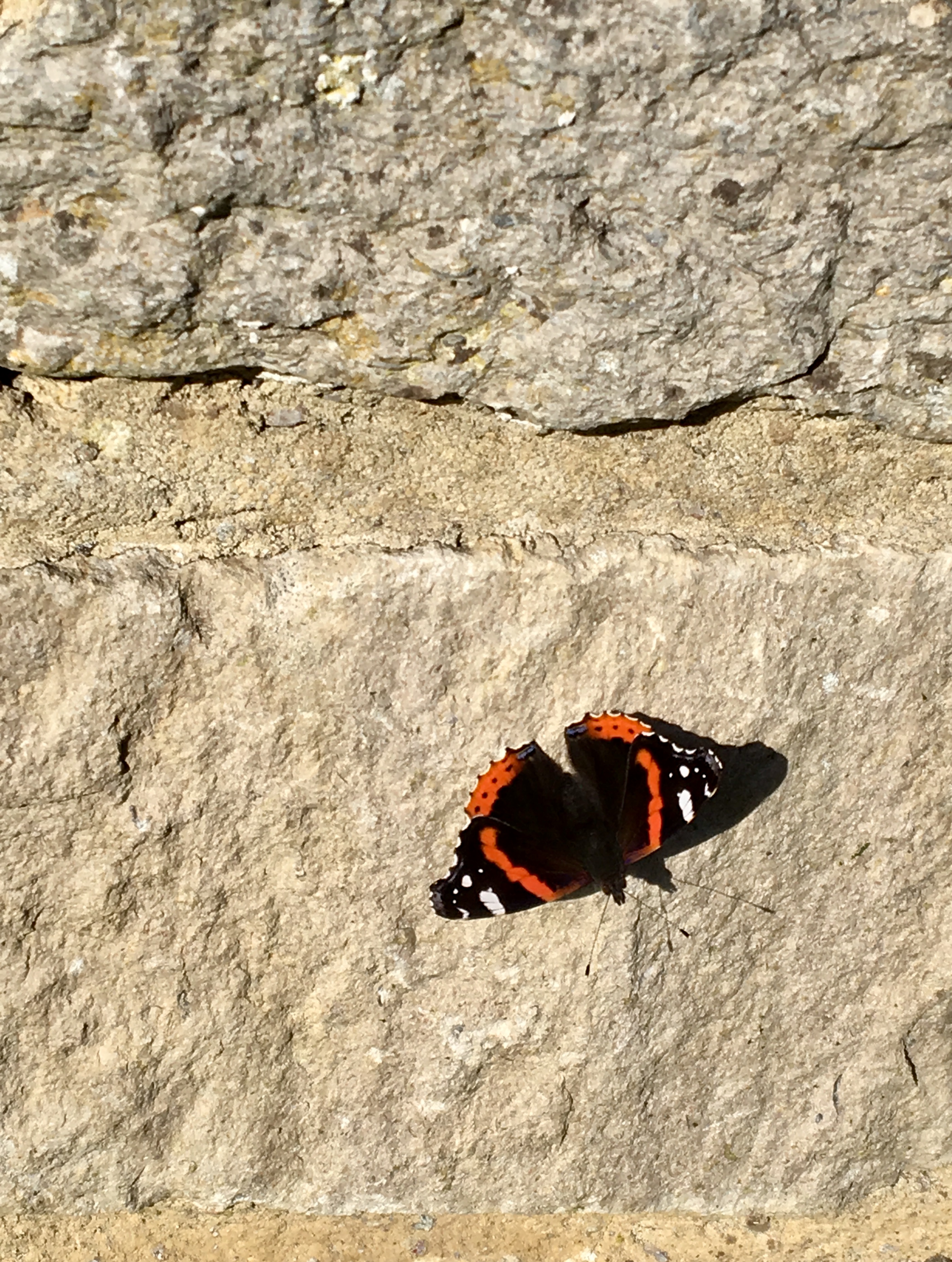"Common sense tells us that our existence is but a brief crack of light between two eternities of darkness."
Memory, for Russian-born novelist Vladimir Nabokov (April 22, 1899 - July 2, 1977), is an active thing that holds truth and space. It pulls him back and thrusts him forward to visions and narratives. His tone in Speak, Memory is playful as he reflects on his intellectual father, his beloved pre-War St. Petersburg, and his beautiful but distant mother.
To love with all one's soul and leave the rest to fate was the simple rule she heeded. 'Vot zapomni [now remember],' she would say in conspiratorial tones as she drew my attention to this or that loved thing.
But Nabokov is also intensely philosophical. He wonders if that which he immortalized in fiction is truer than life. This autobiography, especially his skepticism of memory, differs from those like Graham Green, who accept childhood, though only memory, as real.
The act of vividly recalling a patch of the past is something that I seem to have been performing with the utmost zest all my life, and I have reason to believe that this almost pathological keenness of retrospective faculty is a hereditary trait.
Throughout his autobiography, Nabokov assigns spatial properties to the abstract. Some things are close, like truth, reality, and experience; others remain far, memory, and oblivion.
Imagination is the connecting bridge. But even imagination cannot penetrate the eternity of darkness.
The cradle rocks above an abyss, and common sense tells us that our existence is but a brief crack of light between two eternities of darkness.
 Red Admiral on the side of the house.
Red Admiral on the side of the house.Among the more interesting confessions (though not surprising given his immense spatial abilities) is Nabokov's claims of synaesthesia, a psychological term for correlating senses. Nabokov saw sounds:
There is a steely x, thundercloud z, and huckleberry k... I see q as browner than k. I experience synaesthesia but with numbers, five is spring green, eight is a berry color.
His writing of color is beautiful, which is what happens when more than one sense is involved. "The sepia gloom of an arctic afternoon in midwinter invaded the rooms and deepened to an oppressive black." And, of course, there is his rather famous love of butterflies.
Coming from nowhere, a Comma butterfly settled on the threshold, basked in the sun with its angular fulvous wings spread, suddenly closed them just to show the tiny initial chalked on their dark underside, and as suddenly darted away.
 Comma butterfly, called thus for the shape of its outer wing edge.
Comma butterfly, called thus for the shape of its outer wing edge.Read more about memory and how it configures our present in novelist Penelope Lively's memoir. Or on the impossible attainability of things past in Deep, Aching Longing for the Impossible or the talismans of memory in The Precious Things We Keep Nearby.

